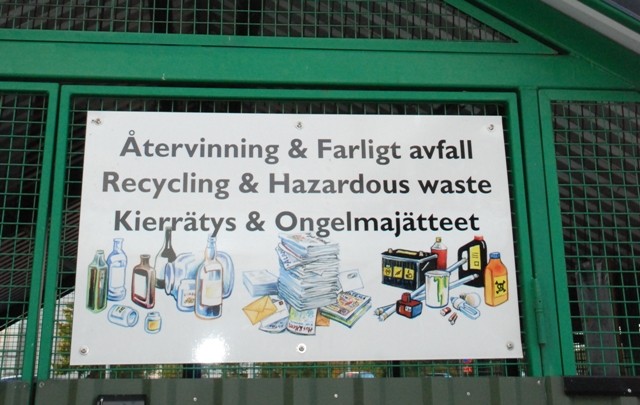Estonian bottles and cans retire to Nordic countries

|
At the same time, deposits on plastic bottles purchased in Denmark, for example, cannot be returned in Sweden, and as such many cans and bottles are simply disposed of among ordinary refuse or left to pollute the environment. Taking consumer complaints into consideration, and in order to preserve the natural environment, representatives of the Nordic countries asked Jan Rehnberg, former director of the Swedish deposit system and current consultant, to look at options for the development of a common Nordic deposit system for cans and bottles. Rehnberg has stated that many aspects support the establishment of a joint system, but that there are also many obstacles to its creation. |
| A single system would make life much easier for people who buy bottles and cans, but primarily financial considerations have meant that the idea has remained on the drawing board. Rehnberg was thus charged with the task of determining the costs that would be involved in developing such a system in greater detail. Rehnberg presented the results of his research to date at a meeting of the Nordic Council of Ministers in January, and his final report will be presented to the representatives from the Nordic countries at a forum on border obstructions in the region in March. |


